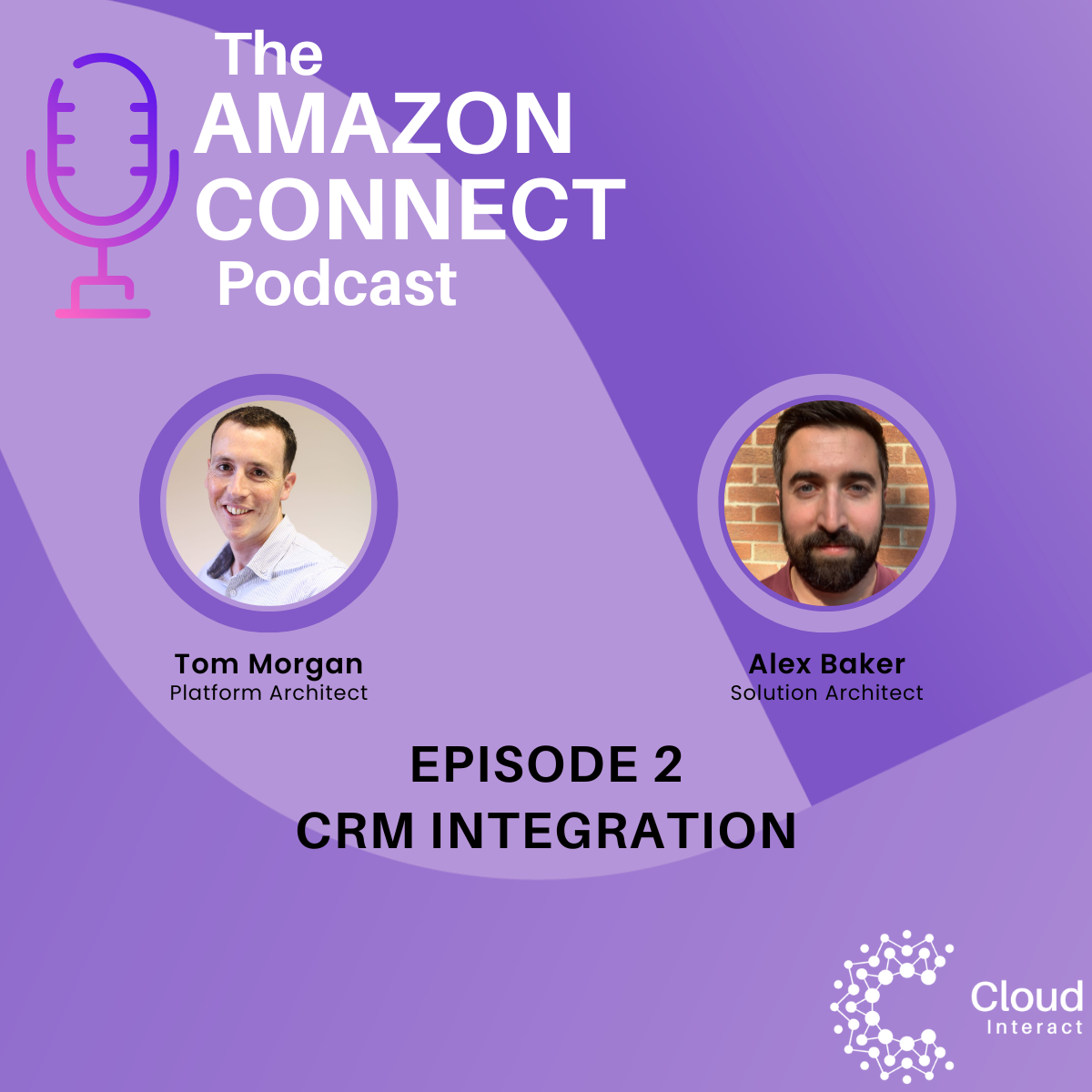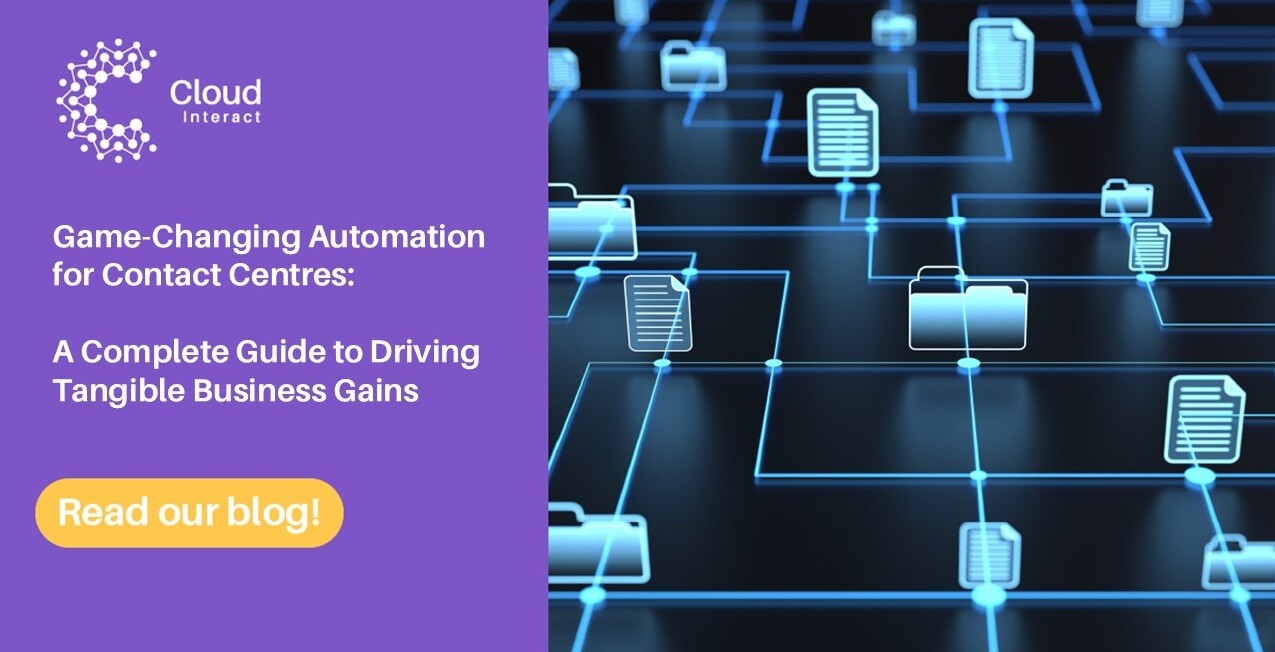When navigating Amazon Connect’s billing models, it’s crucial to understand the difference between subscription and consumption-based pricing. Both models offer unique benefits depending on the scale, usage patterns, and business goals of your contact centre. Here, we'll break down these options and why each might fit into your contact centre strategy. If you're exploring Amazon Connect as a potential solution, this guide will provide you with a foundational understanding to make an informed decision without needing in-depth technical knowledge.
A Quick Look at Traditional Billing Models
Historically, contact centres have often operated on a subscription basis, where businesses pay a fixed, per-user fee each month. This model simplifies budgeting but doesn’t always offer flexibility, especially for businesses with fluctuating call volumes. This is where Amazon Connect’s approach introduced a breath of fresh air, breaking away from the traditional subscription model to enable flexible consumption-based billing.
Understanding Amazon Connect’s Two Pricing Models
- Consumption-Based Billing
Amazon Connect’s original billing model is consumption-based, meaning you only pay for what you use. If your contact centre has peak call volumes in some months and lower usage in others, you’ll benefit from only paying for actual usage rather than a flat, ongoing fee. This model is particularly attractive to organisations with seasonally fluctuating contact centre demands. In Amazon Connect’s consumption model:- Costs are incurred per call, chat, or customer interaction.
- Charges apply per action, such as per minute of call time or per chat session.
- If your contact centre sees a low volume of calls in a given month, your costs will reflect that reduced usage.
- Subscription-Based Billing
Recently, Amazon Connect introduced subscription-based pricing for select premium features. This change reflects a shift for certain services that are more complex, such as forecasting and scheduling or evaluation forms. These features are billed per user per month once activated, offering a predictable monthly fee for organisations leveraging advanced functionalities.
Breaking Down Key Subscription Features
Amazon Connect’s premium features offer advanced functionality but come with a different pricing structure than the core consumption model. These include:
- Forecasting and Scheduling
For contact centres that need detailed workforce planning, forecasting and scheduling tools are crucial. Amazon Connect’s scheduling solution integrates seamlessly with agent activity, making real-time adjustments based on demand. This feature is subscription-based, with a monthly fee per active user, ensuring that forecasting and scheduling are accurate and available without fluctuating daily costs. - Evaluation Forms
Quality monitoring and evaluation are essential for maintaining high standards. Amazon Connect allows managers to assess agent interactions using customisable evaluation forms. This functionality is billed per evaluated agent per month, making it cost-effective if your contact centre is committed to systematic performance tracking. - AI and Amazon Q
Amazon Connect’s AI-driven assistant, Amazon Q, leverages large language models (LLMs) to provide real-time support and guidance to agents. This feature also follows a subscription model and is billed per agent per month. AI integration can be costly to operate in a purely consumption-based model due to backend processes needed to keep the system up to date, so a subscription approach provides cost predictability.
How These Models Benefit Your Contact Centre
Each model has its own advantages:
- Consumption-Based Billing is ideal for:
- Contact centres with fluctuating or seasonal usage.
- Businesses wanting a lower barrier to entry, allowing them to scale usage based on actual customer demand.
- Proof of concept (PoC) testing, where you can experiment with Amazon Connect on a limited scale before committing to larger rollouts.
- Subscription-Based Billing works well for:
- Organisations with stable, consistent agent requirements.
- Those leveraging Amazon Connect’s advanced, feature-rich capabilities for forecasting, evaluation, and AI tools.
- Companies looking for predictable monthly costs in certain functionalities, particularly if AI-driven insights and performance metrics are critical to operations.
The Future of Amazon Connect Billing
With Amazon Connect’s new features, subscription-based billing can give businesses peace of mind by offering a capped cost for high-end functionality. With contact centres evolving rapidly, it’s clear why certain advanced features are moving to a subscription model. For Amazon Connect users, this approach simplifies budgeting, allowing businesses to better plan around specific needs.
Tips to Optimise Your Amazon Connect Spend
- Selective POCs for Premium Features
For businesses new to Amazon Connect, conducting smaller proof-of-concept trial on advanced features like forecasting and scheduling or Amazon Q is advisable. Activating premium features for a select group of agents helps control costs while testing the feature’s value. - Utilise Security Groups
By configuring security groups, you can control access to specific features, such as restricting Amazon Q or scheduling tools to designated teams. This setup ensures that only authorised agents use these features, managing costs effectively. - Leverage Amazon’s Cost Calculators
Amazon offers cost calculator tools that can help you estimate monthly spending based on expected usage. Using these calculators, especially when configuring complex services, can give you insights into how different configurations affect overall spend.
Conclusion
Navigating Amazon Connect’s billing options may seem complex at first, but understanding the distinctions between consumption-based and subscription-based pricing empowers you to make informed decisions. By leveraging Amazon Connect’s flexible consumption model, or opting for the predictability of subscription billing for advanced features, you can tailor your contact centre setup to your business’s needs. Whether you need the flexibility to adjust costs month-by-month or prefer the peace of mind that comes with fixed monthly expenses, Amazon Connect offers adaptable solutions to help you optimise contact centre performance.
Ready to see Amazon Connect in action? Book a free 30-minute envisioning call to activate your Proof of Concept and explore how flexible billing can work for your contact centre.












